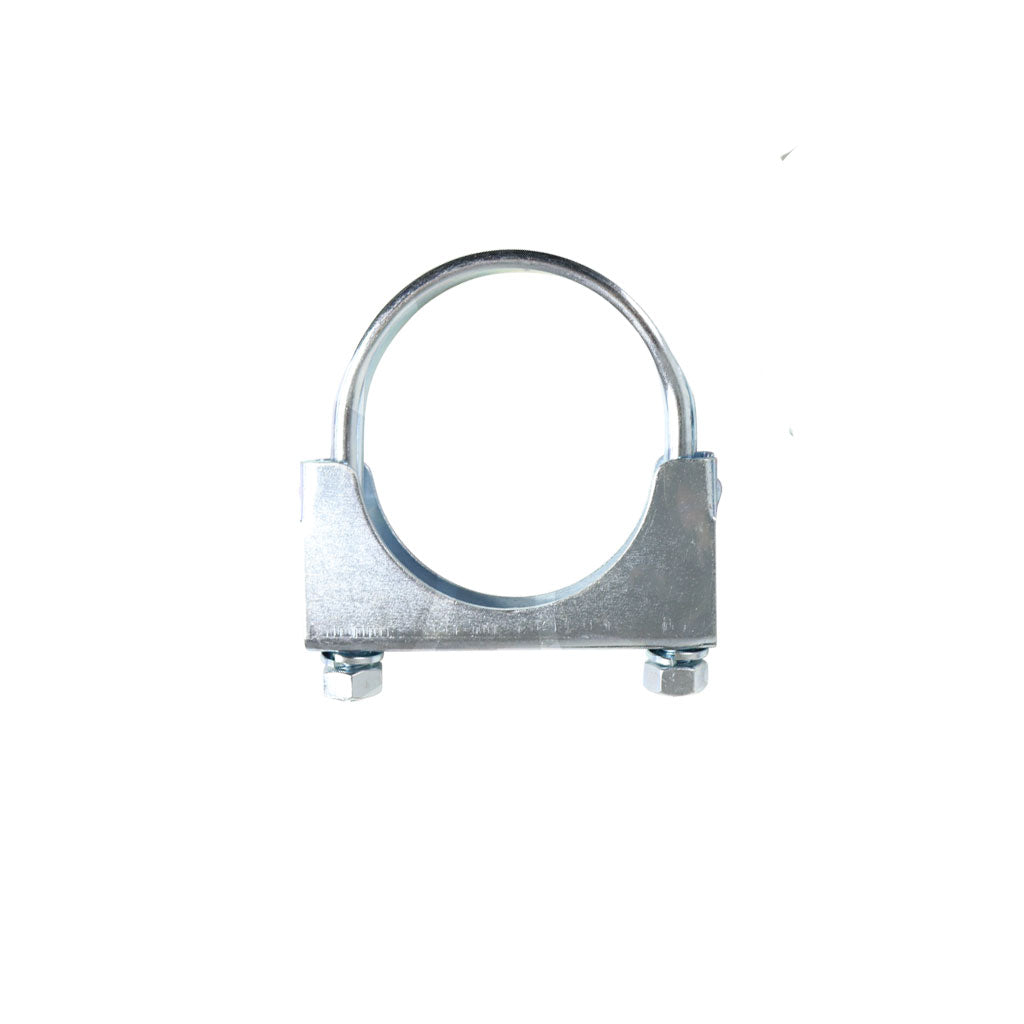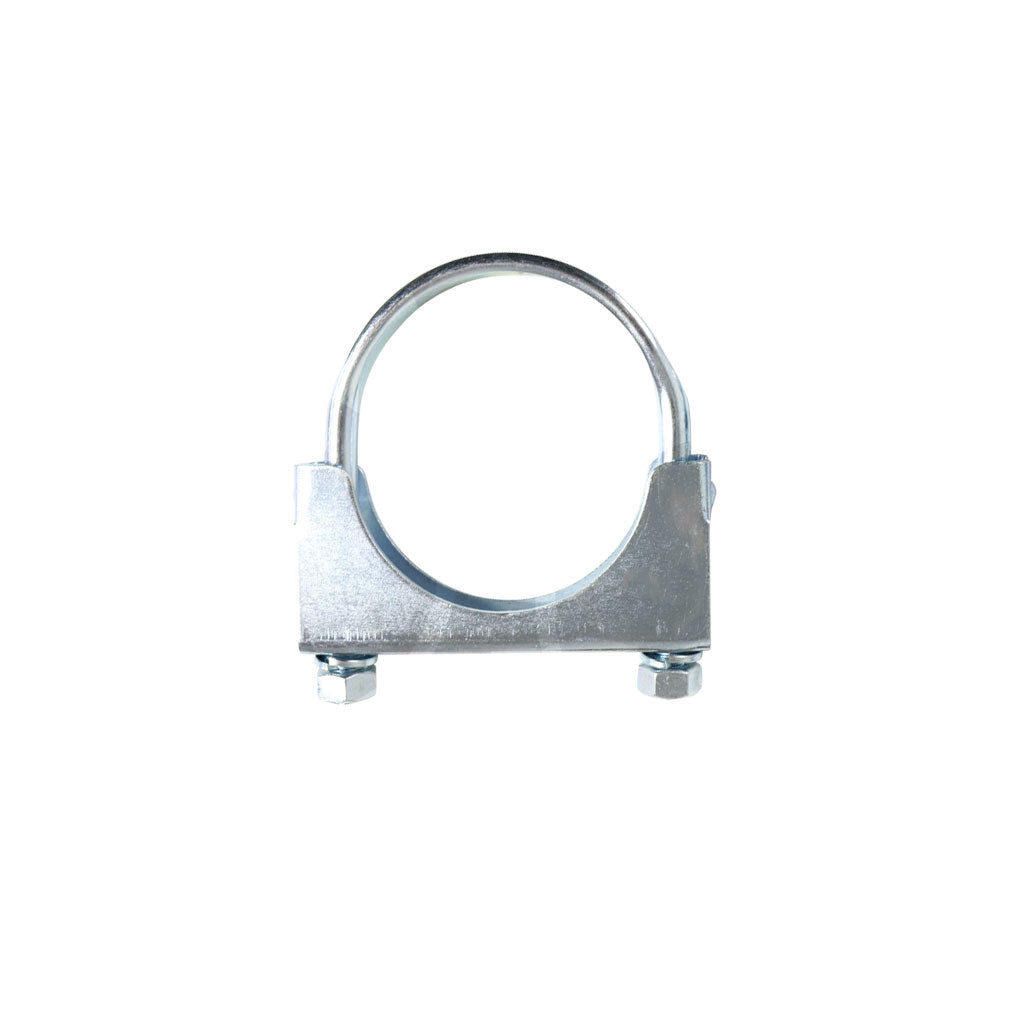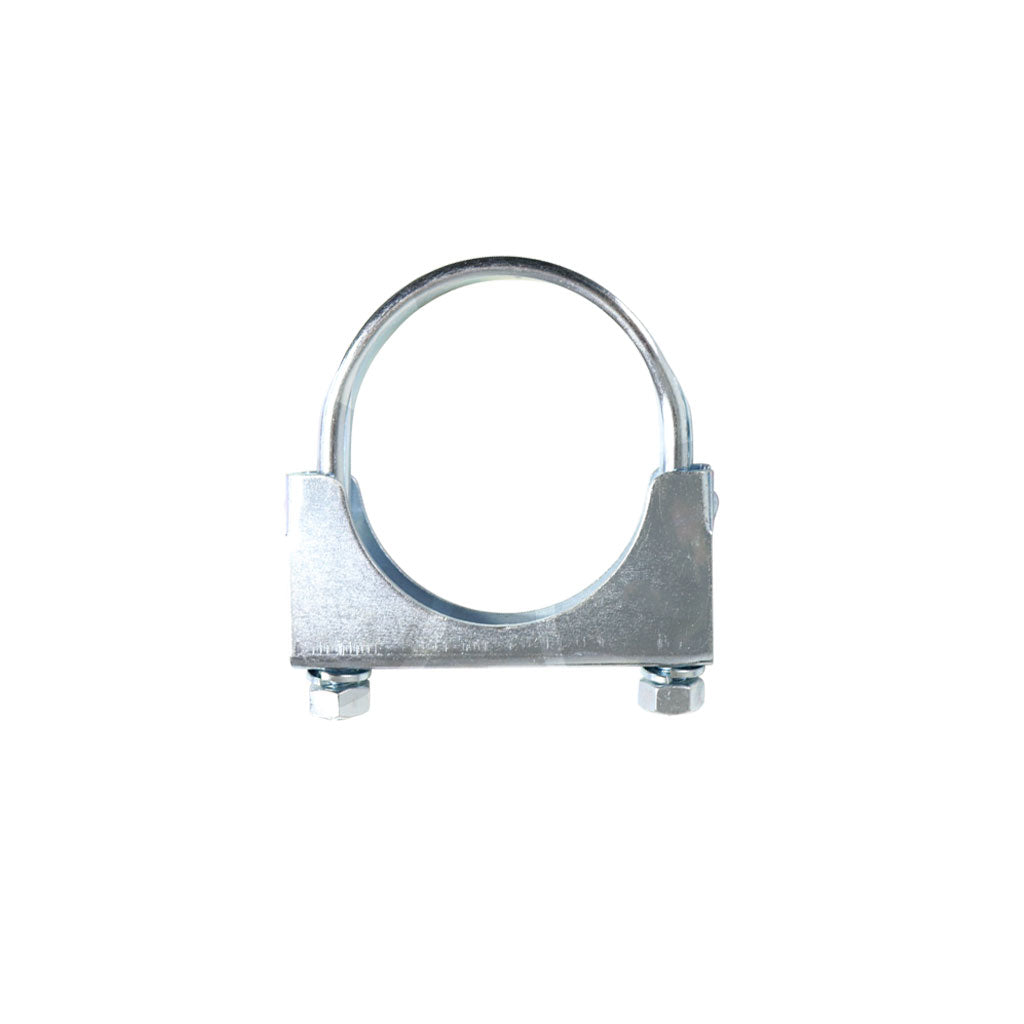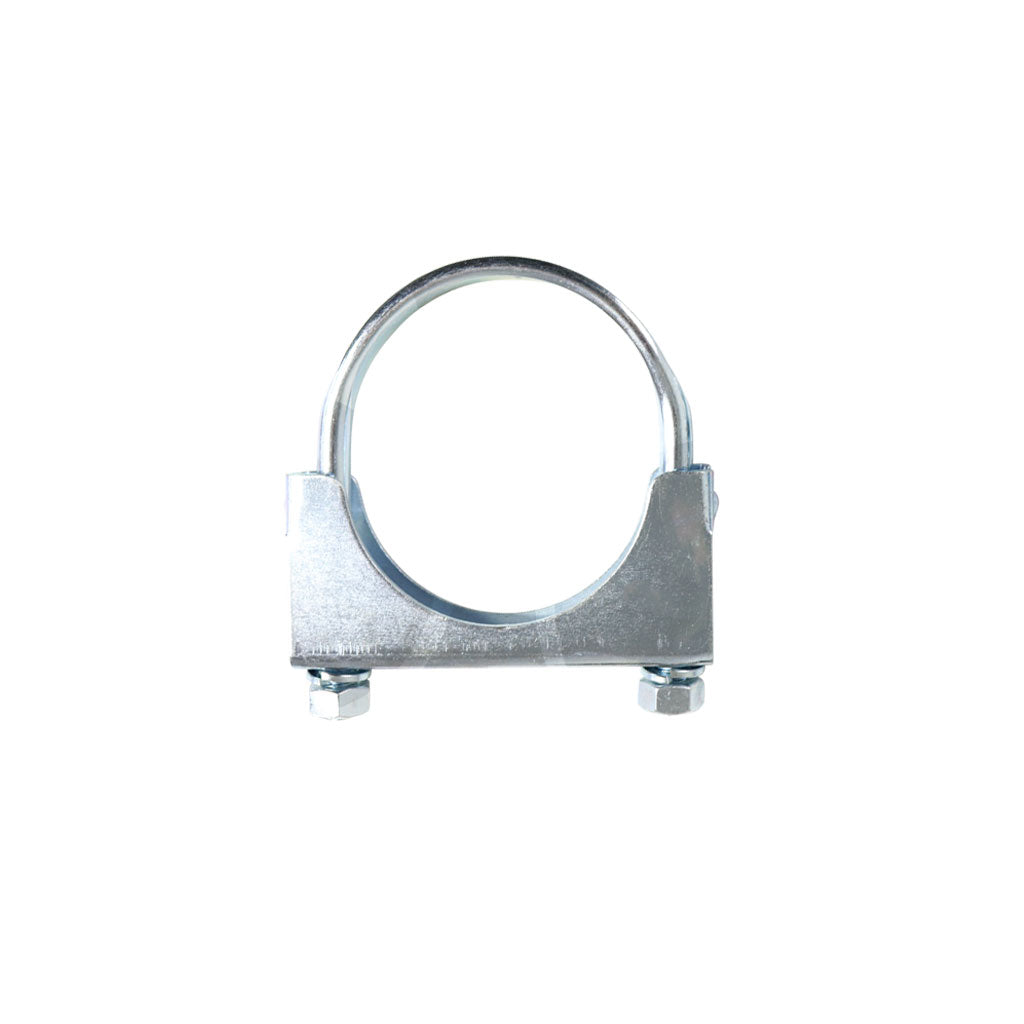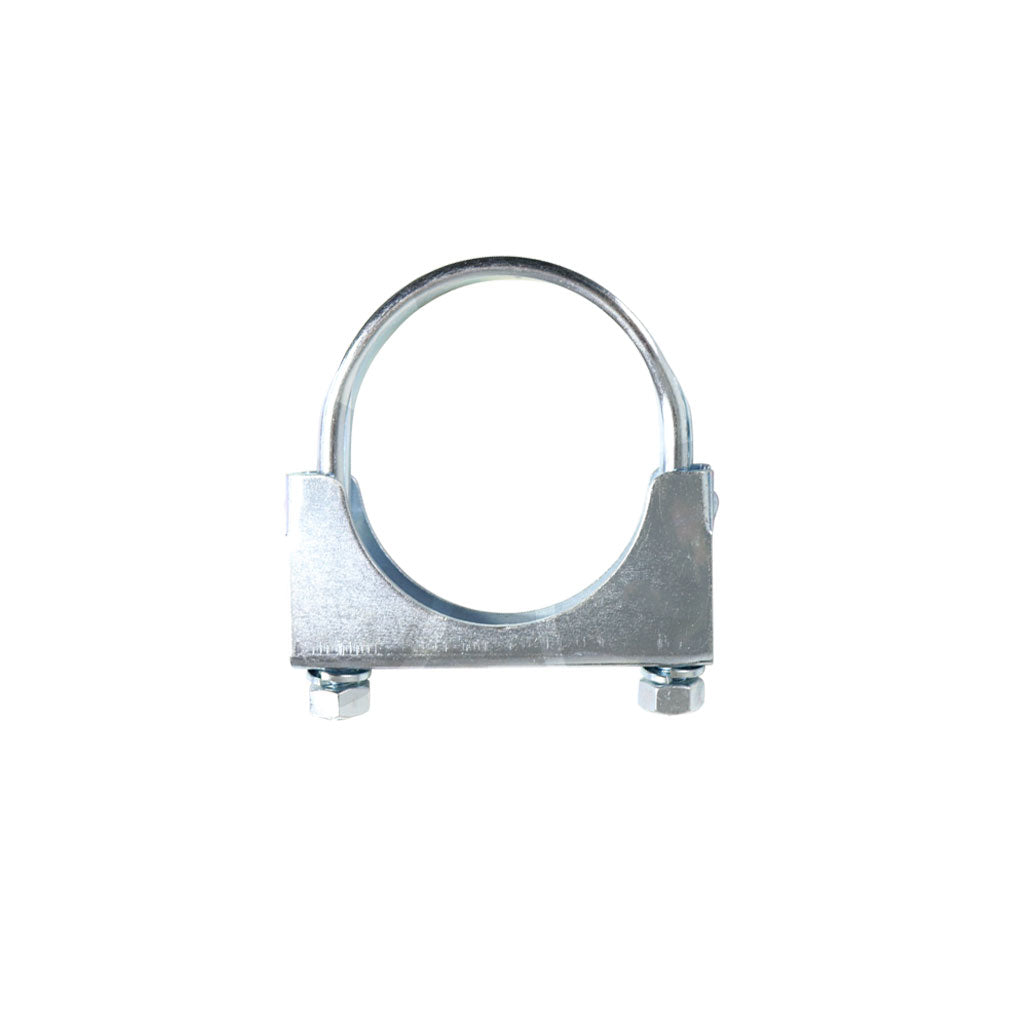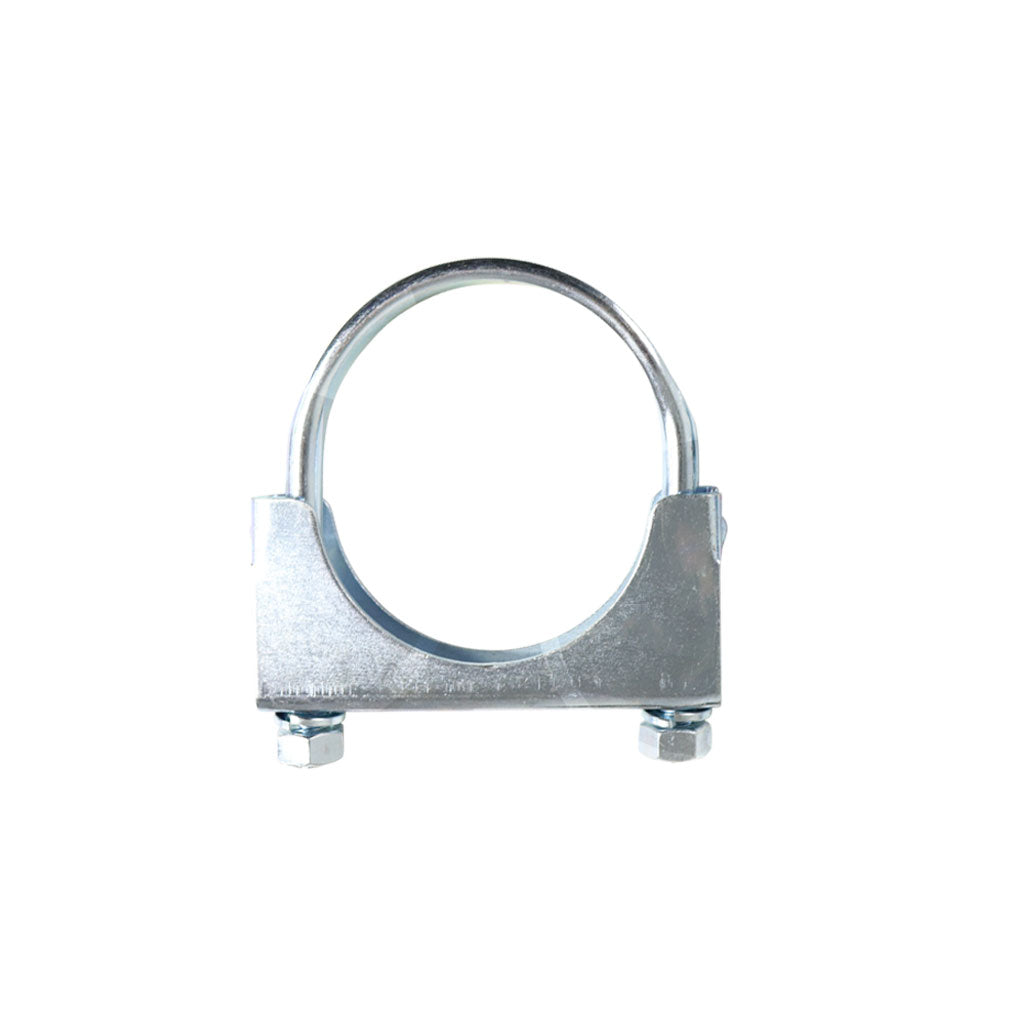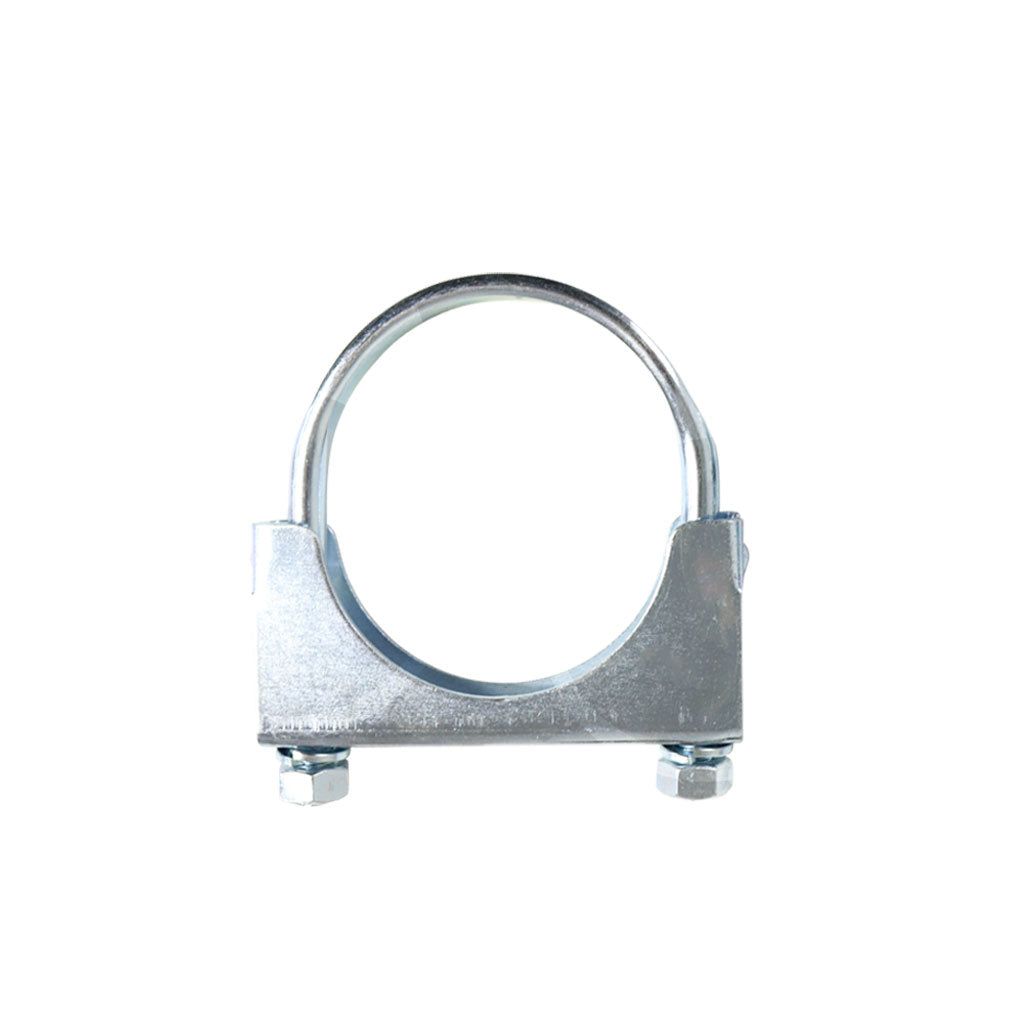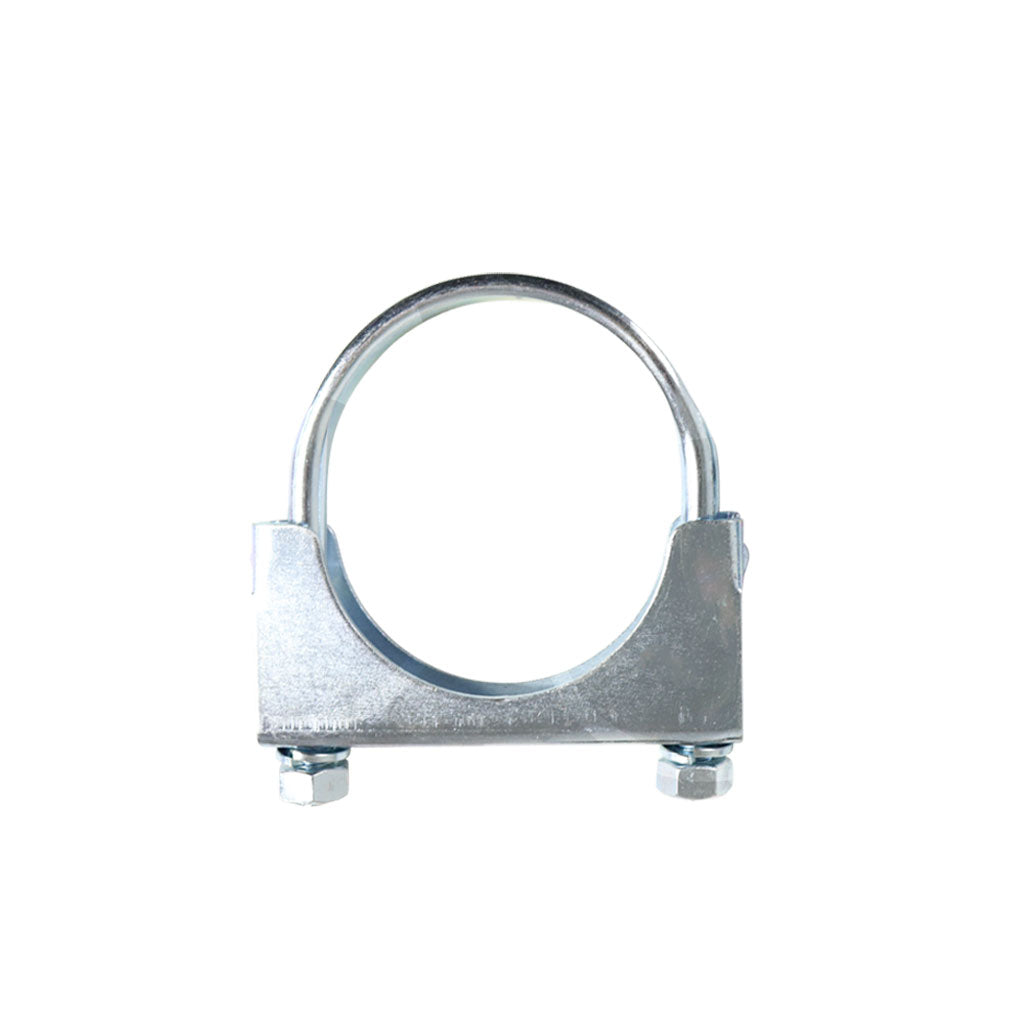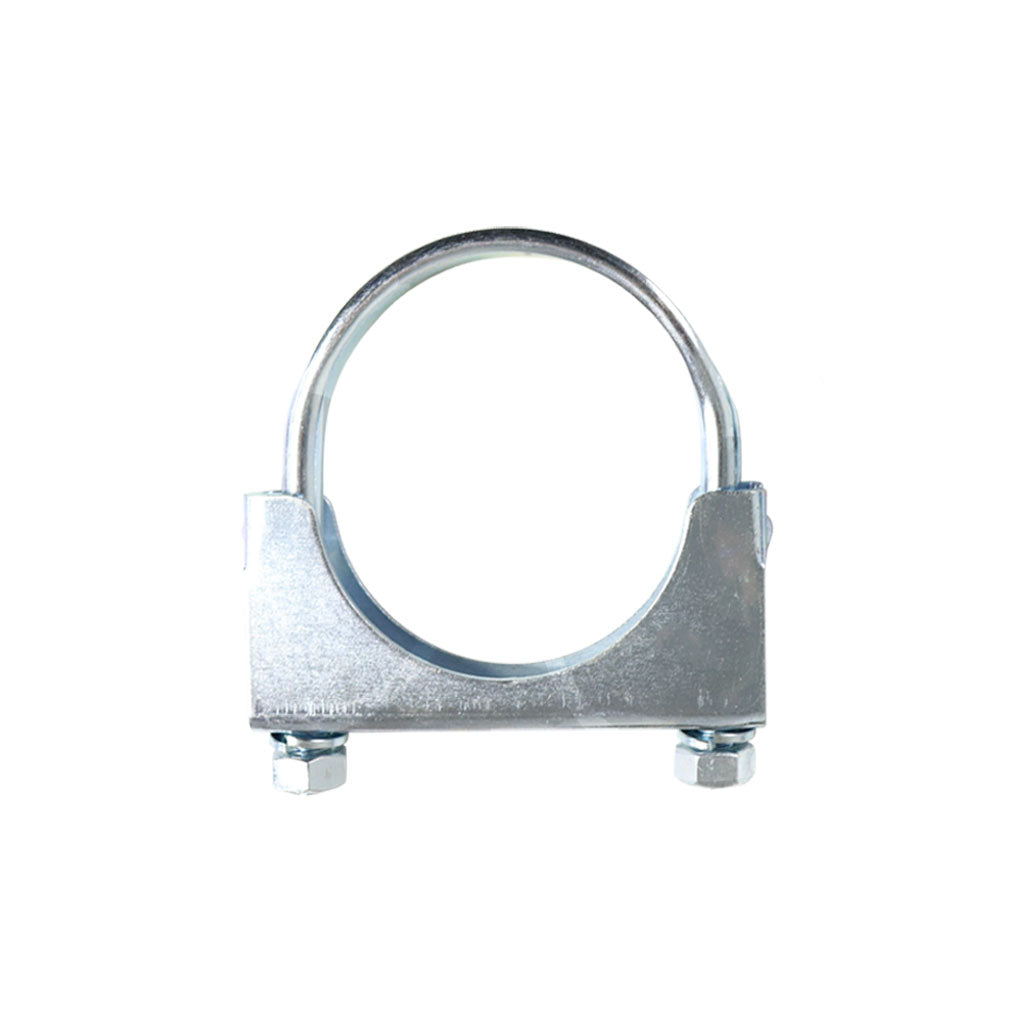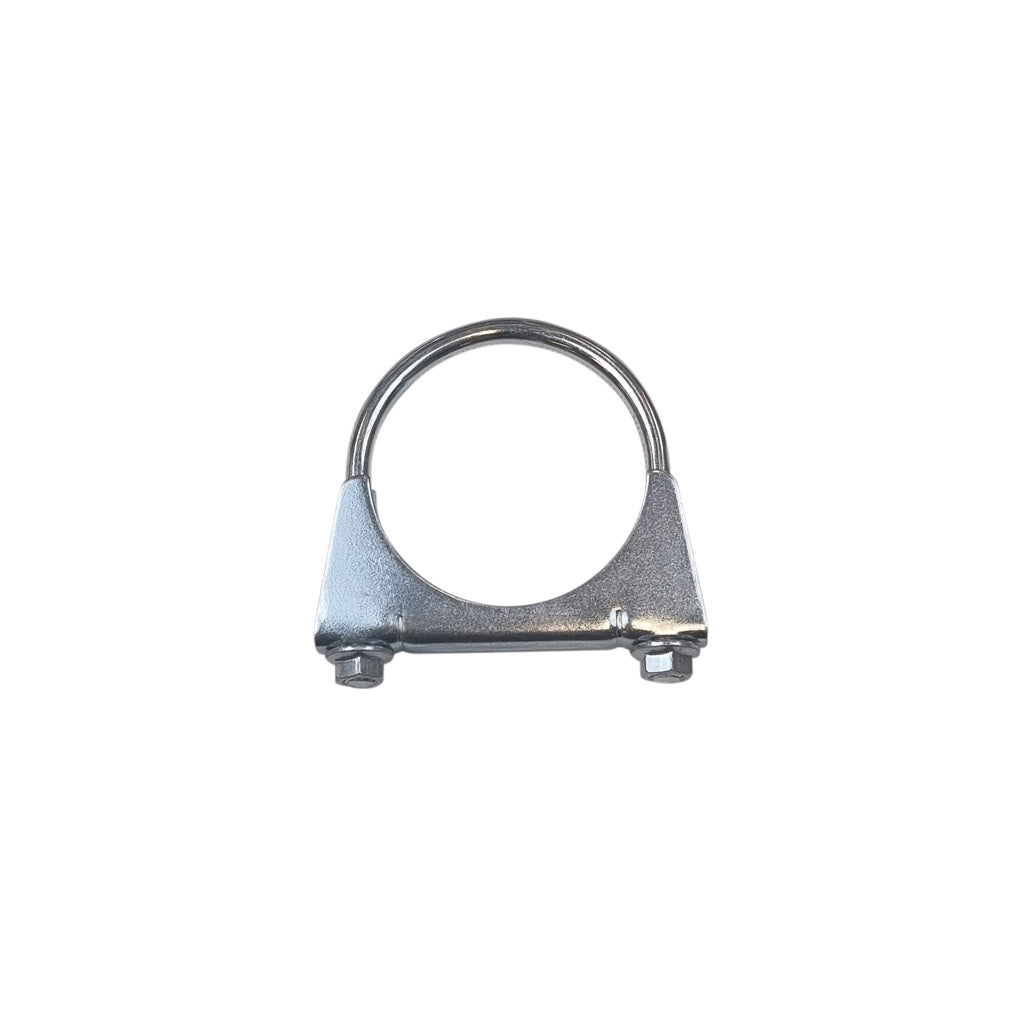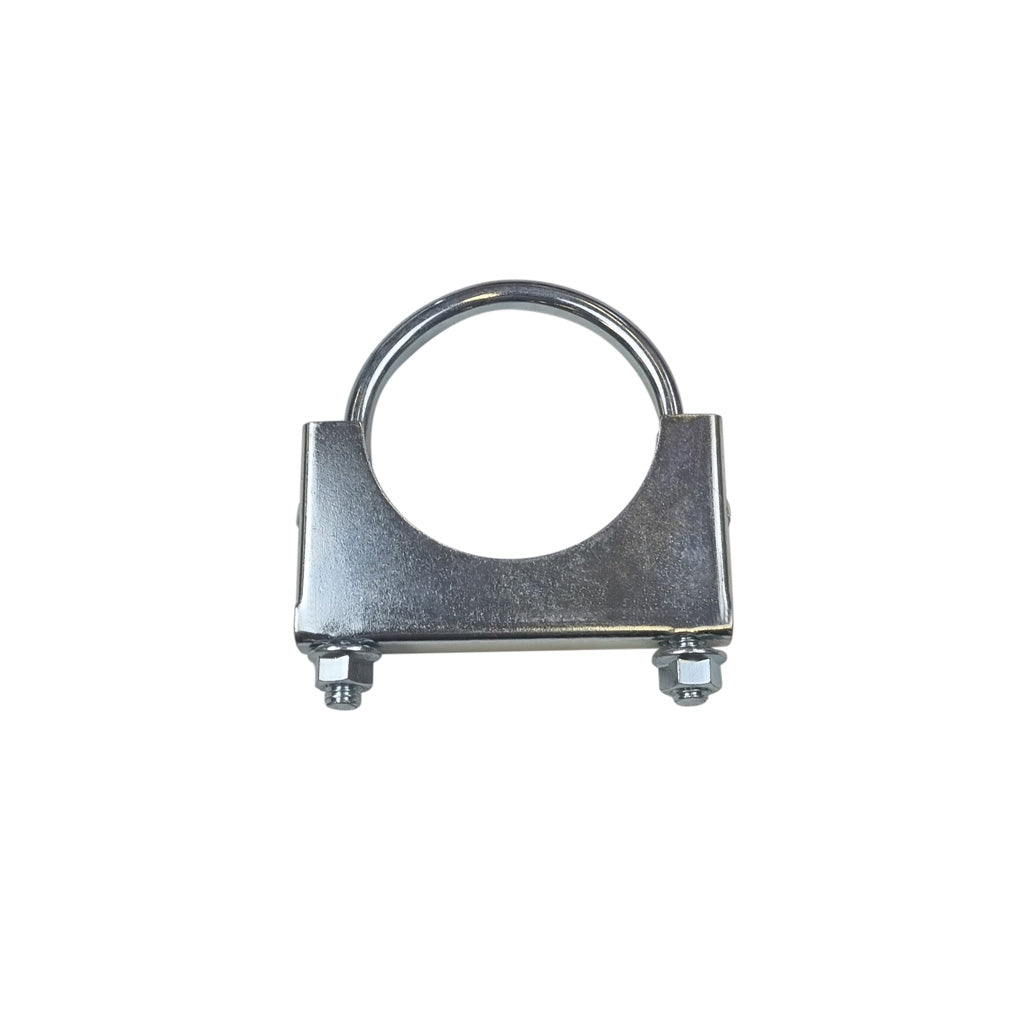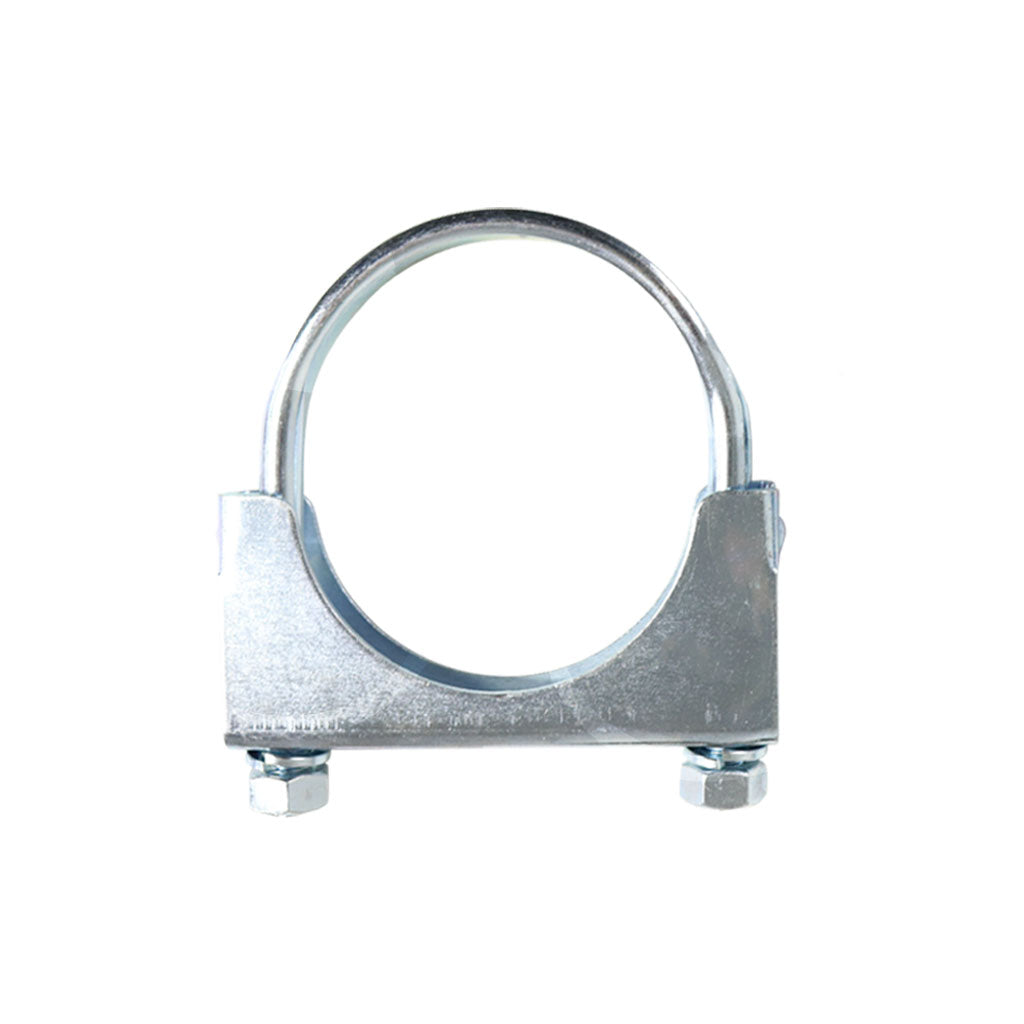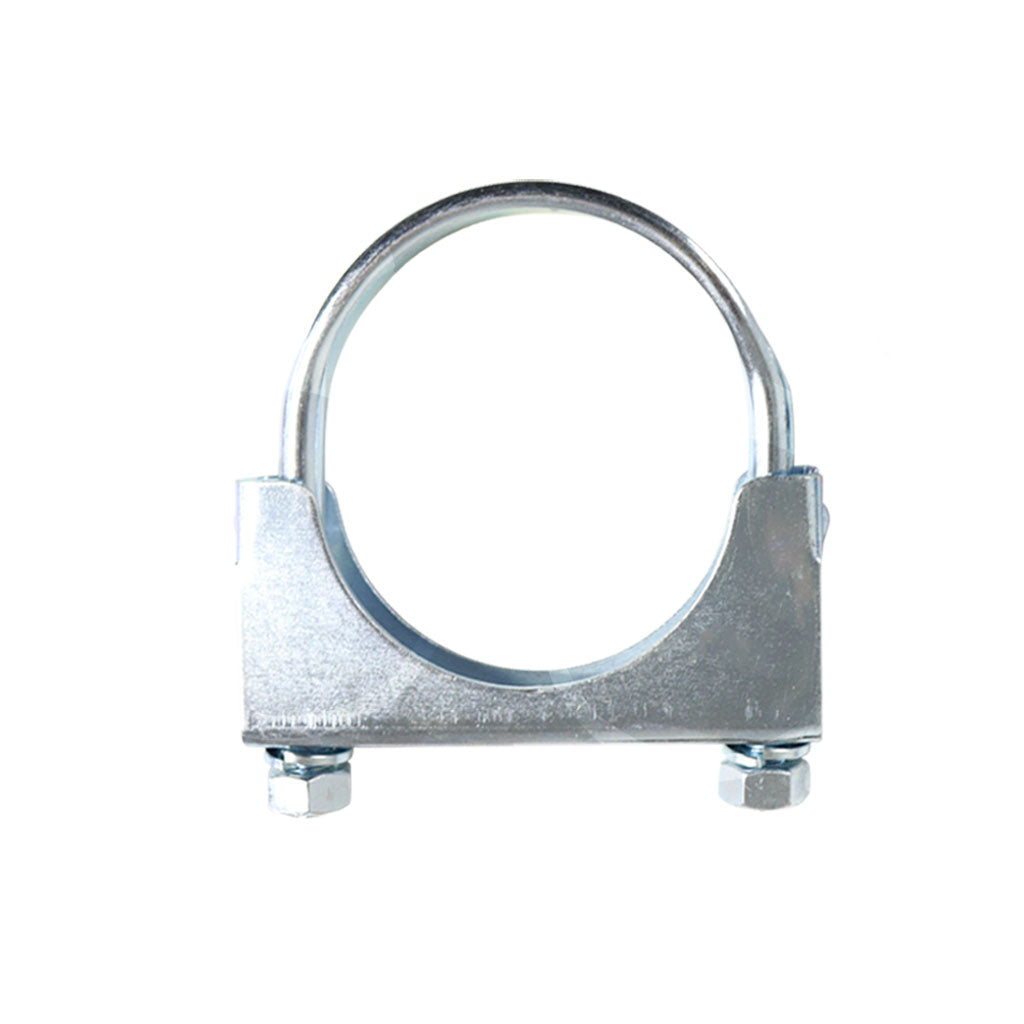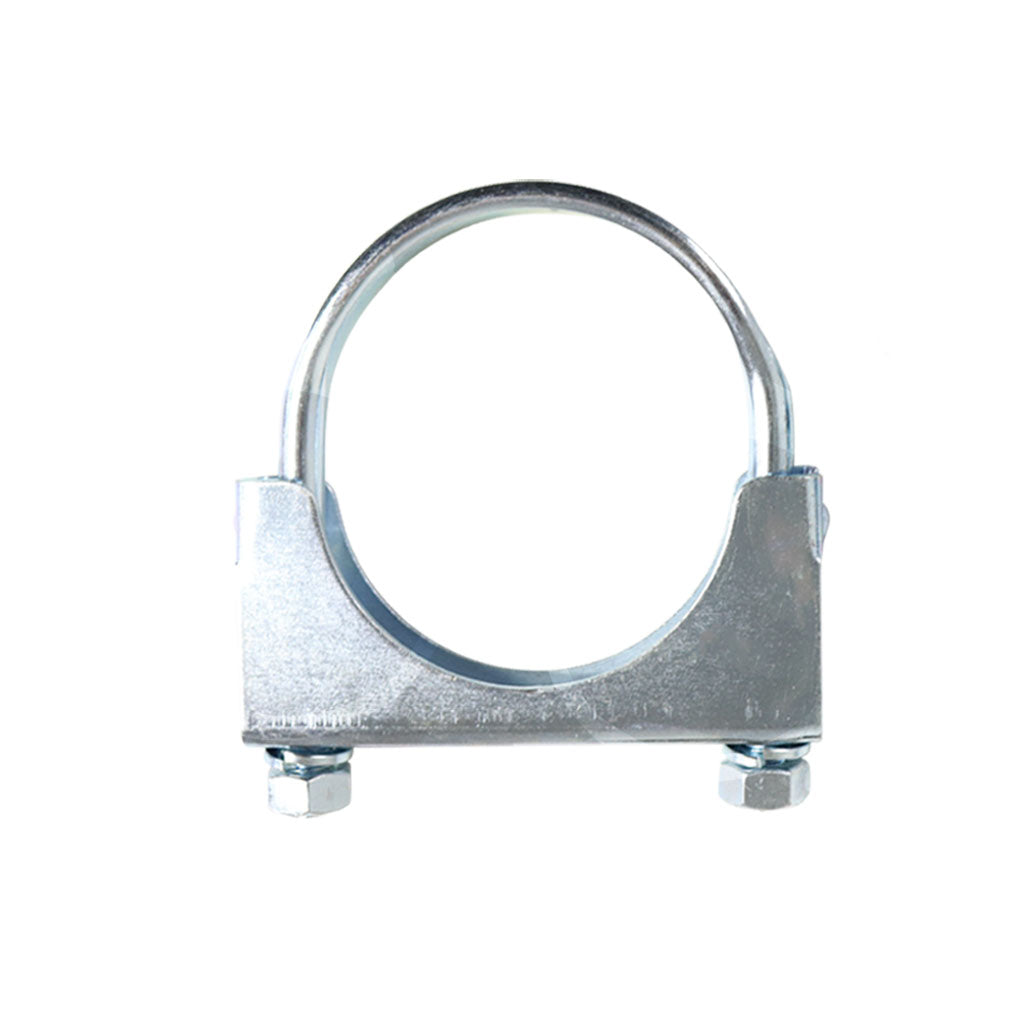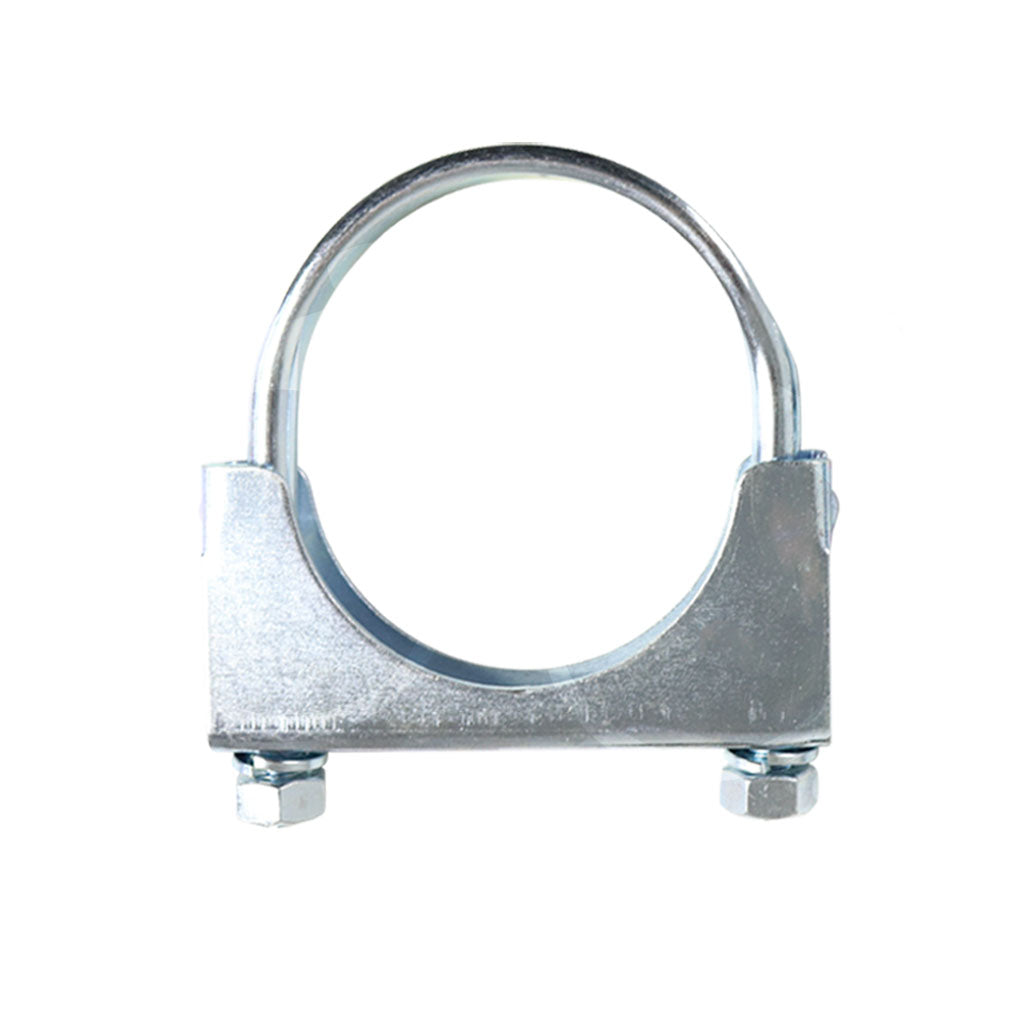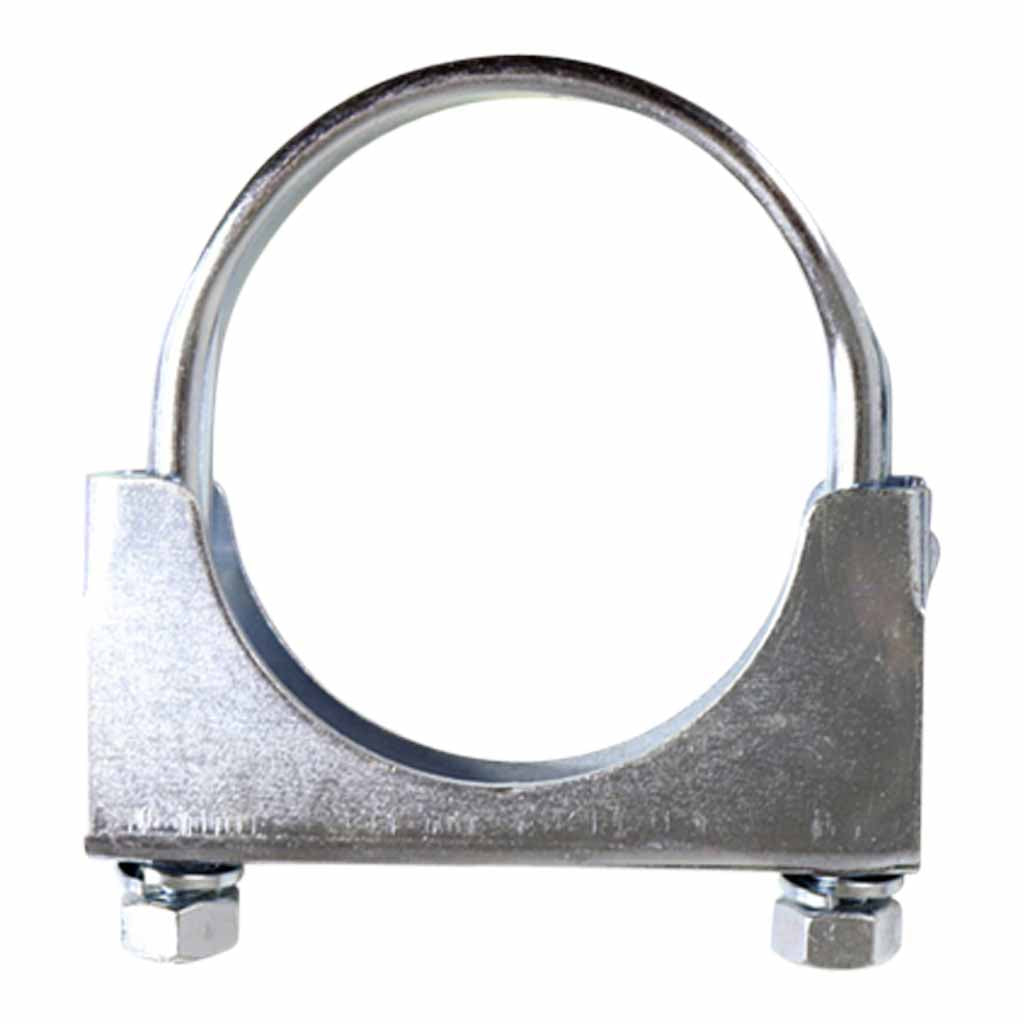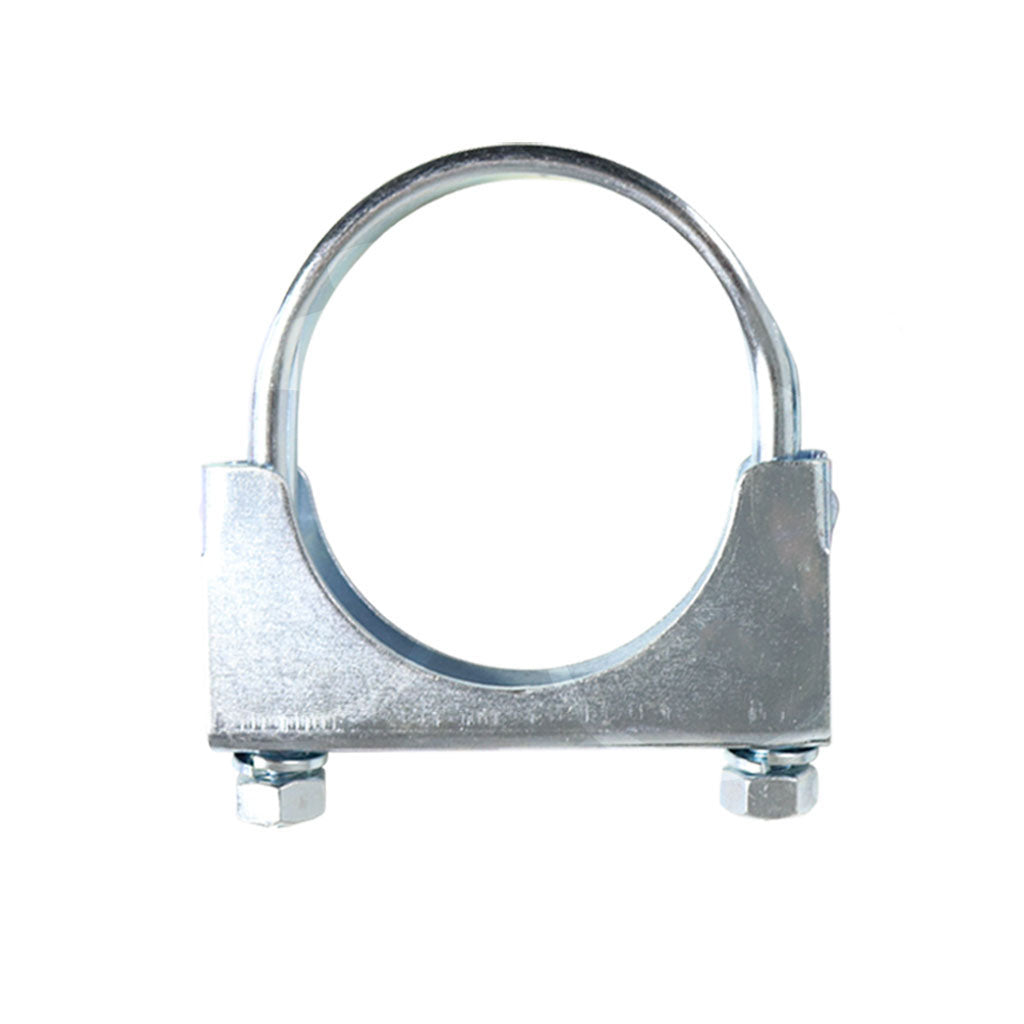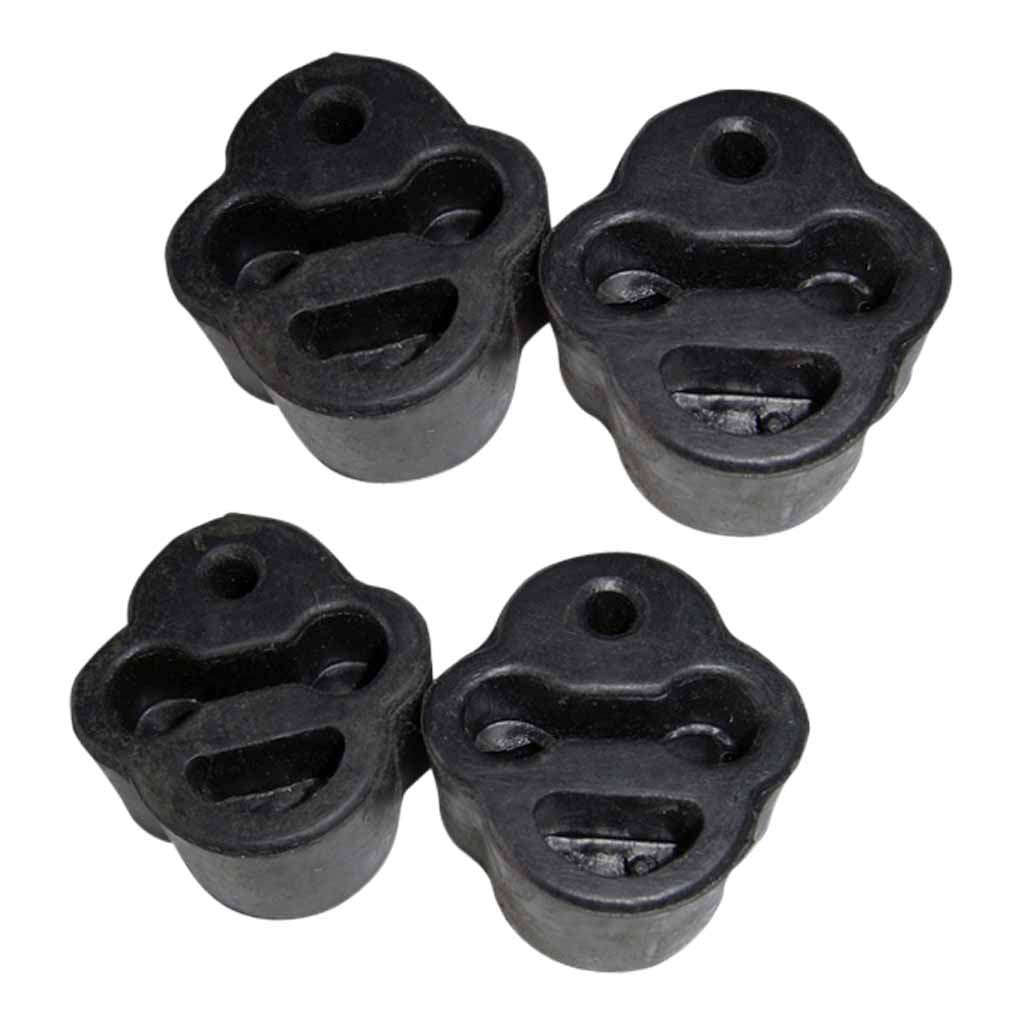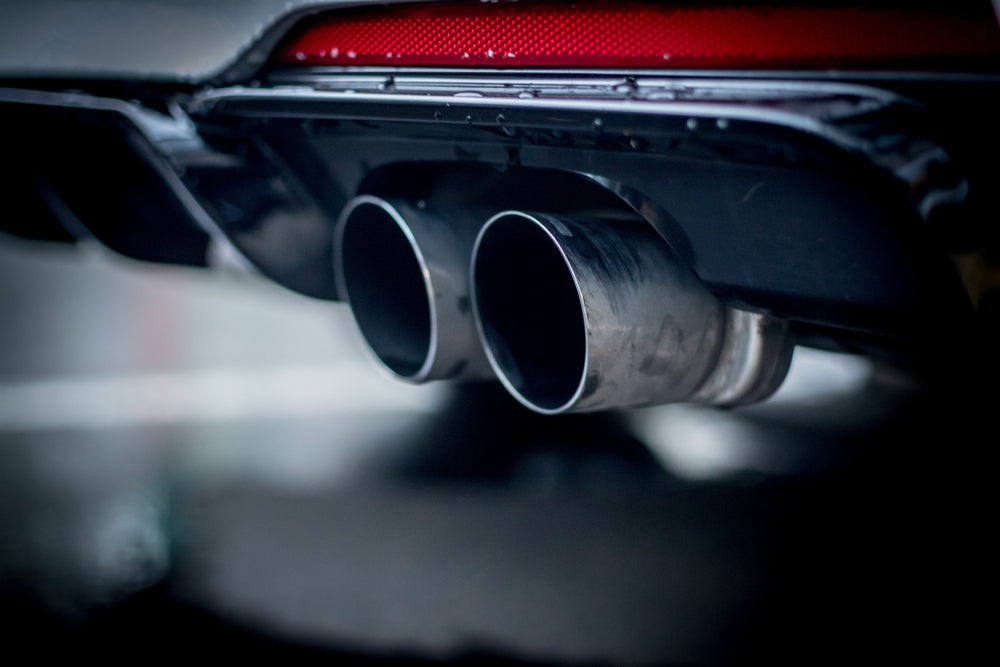Understanding all parts of an exhaust system can prove especially helpful as you look to upgrade your vehicle or troubleshoot issues. In this article, DEA Performance focuses on the role of catalytic converters in exhaust systems, including how they work, their importance, and common signs to look for that suggest malfunction.
What are Catalytic Converters?
Catalytic converters are a type of vehicle emission control device used to reduce the pollutants that come out of cars’ exhaust systems. They rely on an oxidation reaction with the toxic gases produced by a car's engine, converting them into harmless gasses such as carbon dioxide and even water vapour. Catalytic converters are even mandated by law in many countries, as they help reduce air pollution and protect us from the damaging effects of toxic gases produced by combustion engines.
How Do Catalytic Converters Work as Parts of Your Exhaust System?
Catalytic converters are installed in a car’s exhaust system between the engine and the muffler, and use a chemical reaction to convert harmful gases such as hydrocarbons (HC), carbon monoxide (CO), and nitrogen oxides (NOx) into harmless compounds before they reach the atmosphere.
Catalytic converters consist of a series of metal plates or honeycomb-shaped ceramic pieces coated with a chemical catalyst. They are designed to hold and disperse the chemical catalysts, which are usually a combination of platinum, palladium, and rhodium, acting as an intermediary in the chemical reaction between the pollutants and oxygen in the exhaust gas stream, breaking down harmful pollutants into less dangerous compounds.
The outer shell is built using a selection of heat-resistant materials that help to maintain the temperature within the converter so that it operates at peak efficiency. In addition, some converters include oxidation/reduction cells that use electric current to help convert carbon monoxide into carbon dioxide more quickly.
Why are Catalytic Converters So Important to a Full Exhaust System?
The use of catalytic converters helps to keep our air cleaner by reducing these hazardous emissions before they’re released into the atmosphere. Without them, emissions from vehicles would be much higher and could lead to health problems for not only us as humans, but also our surrounding plant and animal life. Catalytic converters are highly effective devices that can reduce emissions by up to 95%, depending on the type and age of the vehicle. As such, they are an important component in the effort to reduce air pollution from motor vehicles.
Catalytic converters also play a role in vehicle safety. They are designed to heat up when exposed to excessive amounts of exhaust gas, which helps prevent dangerous scenarios such as backfires or premature ignition of fuel. By using high-quality materials that can both withstand extreme temperatures and effectively convert toxic substances into less harmful alternatives, catalytic converters can ensure safe operation of a vehicle’s exhaust system.
5 Signs You Need to Replace or Upgrade the Exhaust System in Your Car
There are a selection of signs and symptoms to look out for the suggests an issue with either your catalytic converter, or your full exhaust system, including:
- Experiencing poor acceleration: If you've noticed that your vehicle is no longer able to accelerate as quickly as it used to, the issue could lie with your exhaust system. With restricted airflow due to a damaged muffler or clogged catalytic converter, your engine won't generate enough power for efficient acceleration.
- Noticing higher fuel consumption: A faulty exhaust system can also affect fuel economy. If you're getting fewer miles per gallon than normal, it's time to check the state of your car's exhaust pipes and catalytic converter.
- Hearing loud, rattling noises coming from your exhaust system: If your vehicle is making loud rattling noises when accelerating or idling, it could be a sign that something is wrong with the muffler or other components in the exhaust system.
- Seeing your check engine light: This could indicate any number of issues related to your car's emissions control systems — including those related to the exhaust system. It's important to get this checked out as soon as possible if you notice this light illuminated on your dashboard.
- Smelling something foul in your exhaust gas: If you've noticed an unusual smell coming from your vehicle's exhaust system, it could mean that there is a problem with the catalytic converter or other components which are meant to filter out pollutants.
For more information on how to replace or upgrade your exhaust systems, please contact us at DEA Performance today.
